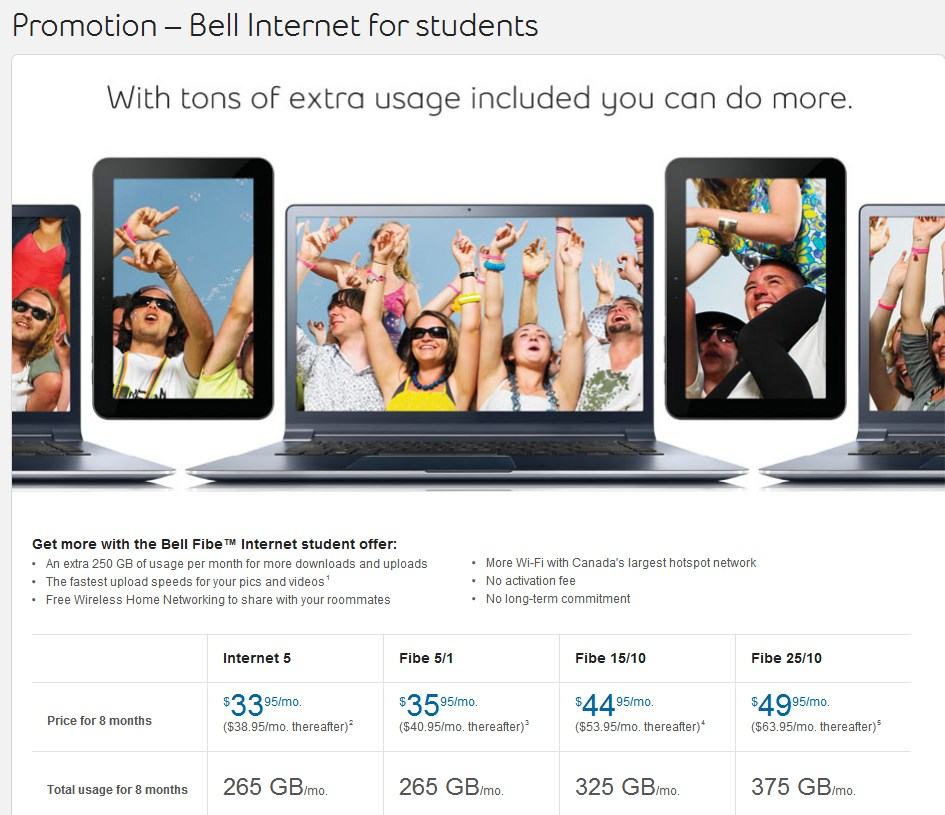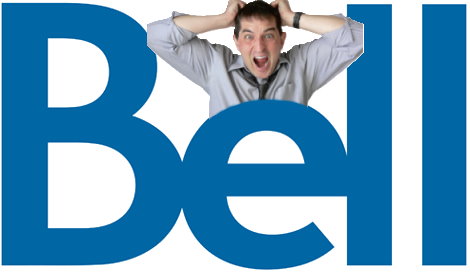Alaska Communications has found a marketing angle to combat Alaska’s dominant cable operator — GCI, which has slapped arbitrary usage caps and overlimit fees (up to $30/GB) on its customers. ACS has made cap-free Internet browsing a hallmark of their marketing campaign:
Alaska Communications vs. the Cable Company
Why Alaska Communications Home Internet is the best choice.
 No Nasty Surprises on Your Bill
No Nasty Surprises on Your Bill
Tired of nasty surprises on your cable company’s Internet bill from the cable company? With Home Internet Service from Alaska Communications, there are no overage charges. Surf, stream, download, watch, and play – all without worry of “extra fees” for going over your bill. With Alaska Communications Home Internet Service, you won’t go over – it’s unlimited!
No Data Limits
Say you hopped online just a bit more this month – surfing, watching your favorite streaming movies, or maybe the kids were trying to win the online tournament of their favorite game while you were posting to your favorite social media site. We don’t think your Internet should be capped or “throttled.” That means, if you get close to your data limit, the cable company will slow down your Internet to limit your connection. With our Home Internet Service, you’ll get to use the Internet the way you want to – at the speeds you deserve!
ACS recognizes the truth for most broadband customers: They loathe usage caps and throttled broadband speeds, overlimit fees and bill shock. Nobody should have to learn what a gigabyte is and be forced to watch a usage gauge before deciding whether or not to use the Internet as they wish. We congratulate ACS for delivering consumers a better choice in broadband and a worry-free Internet experience. We hope this will send a message to GCI that Internet Overcharging is unacceptable.
Stop the Cap! recommends our Alaskan readers patronize the state’s largest cap-free ISP: ACS.


 Subscribe
Subscribe








